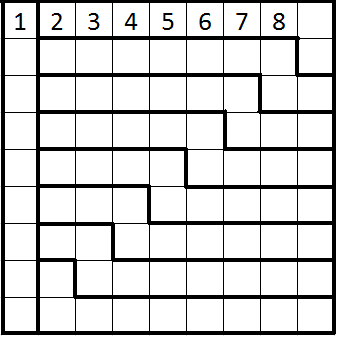Ahem, let's formalize your task...
A Sudoku is a puzzle consisting of a grid to be filled with symbols, such that each constraining unit contains each symbol exactly once. The regular Sudoku is a $9 \times 9$ square to be filled with the numbers $1$ to $9$, where the constraining units are rows, columns, and $3 \times 3$ blocks.
Irregular Sudoku is similar to regular Sudoku but the $3 \times 3$ blocks constraints are changed to $9$ nonominoes (polyominos with a size of $9$). Rows and columns constraints still apply.
Some numbers are initially given in the grid. Those numbers are called clues. A valid Sudoku grid must have exactly one solution.
Contrast to the answers here: Why is this considered to be “The World's Hardest Sudoku”?, we define our own hardness level. A Sudoku is harder if the number of clues in its grid is lesser. That means, the world's hardest irregular Sudoku is defined as the irregular Sudoku with the least number of clues.
Simple, your task is to create the world's hardest irregular Sudoku! (And prove it!)

